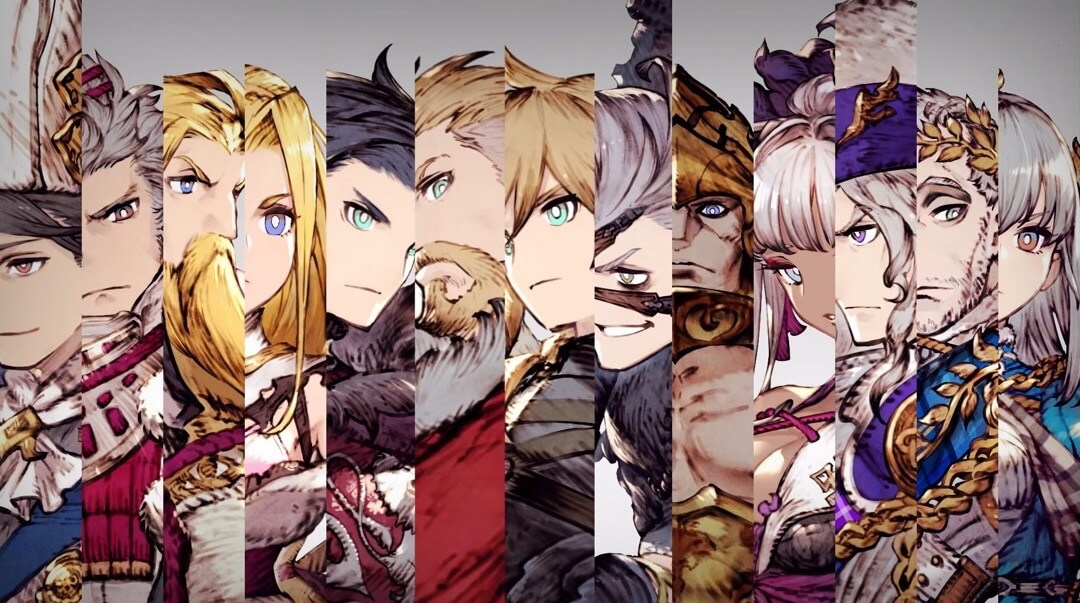When Ghostwire: Tokyo was first announced in meme-worthy fashion at E3 2019, former creative director Ikumi Nakamura said it was not going to be a survival-horror game like Tango Gameworks’ previous games–The Evil Within and The Evil Within 2. However, the spoooooky action-adventure game actually began its life as The Evil Within 3, and some of that game’s essence lives on in the paranormal first-person action of Ghostwire: Tokyo.
GameSpot recently got the chance to see a hands-off demonstration of Ghostwire: Tokyo, where we learned from the development team that prior to taking is current form, the game was planned as The Evil Within 3 before changing enough to warrant a new IP.
Much like the psychological horror of The Evil Within, and especially its sequel, Ghostwire: Tokyo features morphing, shifting rooms that will both disorient you and keep you on your toes… or on your head, as an entire room can flip like the house in “Scooby-Doo Meets Batman.” The difference here is that supernatural spells from cultists are to blame for the changing environments rather than a deeply broken mind trying to protect itself from further trauma, but Ghostwire: Tokyo appears to be playing to the studio’s strengths without feeling like it’s treading the exact same ground as its predecessors.
Just how far Tango Gameworks is going to push the boundaries of its game design remains to be seen, as The Evil Within and its sequel were themselves two very different games. While the original felt largely like a tribute to Resident Evil 4 with a little Saw-style sadism thrown in, The Evil Within 2 was more experimental, including several sections that weren’t even survival-horror and instead explored past events in more passive ways. It was a creative leap that made the sequel a far stronger game, and it’s exciting to see a studio that has clearly hit its stride and is no longer bound to what has worked in the past.
Ghostwire: Tokyo is out March 25 for PS5 and PC. It will be a year before it’s available on Xbox platforms because of a timed exclusivity agreement made prior to Microsoft acquiring Tango Gameworks. The game features a creative spell-based combat system and it’s making some big changes to open-world design.
Source: Gamespot





















